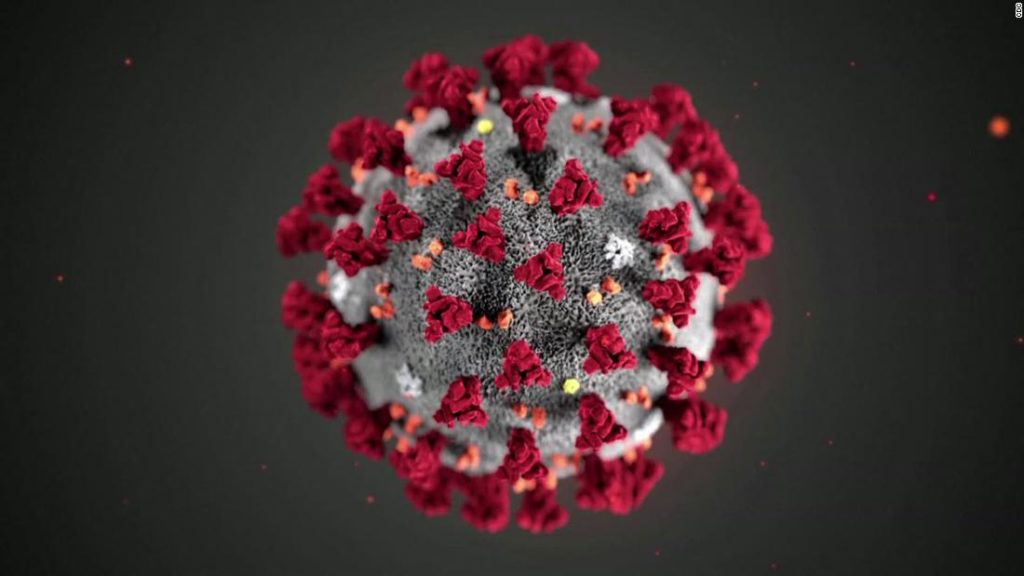England has just expanded its vaccine program to people aged 70 and older, while South Korea’s president says he believes the country will have complete Covid-19 “herd immunity” by November.
Amid the questions, countries are re-examining their rollout plans. Singapore’s Health Minister said officials would review Sinovac’s vaccine before any rollout to its citizens. Concern is growing in Australia — which has secured 54 million doses of the Oxford/AstraZeneca shot — that relying on a single vaccine with a lower efficacy rate may not necessarily build up the required herd immunity in its 26-million-strong population. Some scientists are calling for a delay to mass inoculations.
New Zealand, hailed as a global model for how it handled the outbreak, has yet to approve a vaccine, though it has struck deals with several vaccine developers for access to their candidates once local regulators give the green light. Experts say its wait-and-see approach will mean the population will be able to have greater confidence in the vaccines. But it could be a risky bet — particularly given new, potentially more transmissible variants, could risk further outbreaks.
YOU ASKED. WE ANSWERED
Q: What kind of Covid-19 test is considered acceptable for travelers entering the US?
This means travelers bound for the US on international flights must have a viral test. PCR and antigen tests both qualify.
WHAT’S IMPORTANT TODAY
Vaccination rates highlight stark differences between Israelis and Palestinians
A UN expert report says that Israel is the occupying power in and over Gaza and the West Bank, and has been since 1967, and is thereby ultimately responsible for the health care of those living under occupation. But as Israel’s vaccination campaign climbs past 20% of its population (including east Jerusalem residents), Israel’s government has pointed to the Oslo accords, signed in the mid-1990s with the Palestine Liberation Organization, which led to the creation of the Palestinian Authority (PA). Included in the first of those agreements is a clause that hands responsibility to the PA for the health of all Palestinians under its civil administration.
Experts admit it is not a straightforward task trying to navigate between the responsibilities assigned by Oslo, which was not a final status agreement, and the duties laid out under the Geneva Conventions.
UK leads Europe’s vaccination race as it closes travel corridors
England is expanding into the next phase of its vaccination campaign, offering doses to people aged 70 and over and those considered vulnerable to the virus, the government announced Sunday. So far, more than 3.5 million people received a first dose of a Covid-19 vaccine in the UK, surpassing the number who have tested positive for the virus, according to government data.
While the UK was the first in the world to start a mass vaccination rollout, and has vaccinated more people than some of the European Union’s biggest nations, the country has suffered the highest Covid-19 death toll in western Europe, of more than 89,000 deaths, according to Johns Hopkins University figures. Fears over new Covid-19 variants have also led it to close all travel corridors today, meaning all travelers coming into the UK must have a negative Covid-19 test and will have to quarantine for 10 days on arrival.
Norway assesses deaths in frail elderly patients following vaccinations
Norway is looking into the death of 23 patients who had received the Pfizer/BioNTech vaccine. Thirteen of the deaths have so far been assessed by Norwegian authorities and the assessments suggest that common adverse reactions to mRNA vaccines, such as fever and nausea, may have contributed to a fatal outcome in some frail patients, said Sigurd Hortemo, chief physician at the Norwegian Medicines Agency.
As the country is vaccinating the elderly and people in nursing homes with serious underlying diseases it should be “expected that deaths close to the time [of the] vaccination may occur. In Norway, an average of 400 people die each week in nursing homes and long-term care facilities,” the country’s Institute of Public Health said in a statement. Pfizer said in a statement to CNN that it is working with Norwegian authorities to gather all the relevant information, adding that the “the number of incidents so far is not alarming, and in line with expectations. All reported deaths will be thoroughly evaluated [by the Norwegian Medicines Agency] to determine if these incidents are related to the vaccine.”
ON OUR RADAR
- Preparations for the Australian Open hit a major stumbling block when 47 tennis players were told they couldn’t train after some passengers on charter planes arriving in Melbourne returned positive Covid-19 test results.
- Thousands of New Delhi’s teachers are being sent to the Covid frontlines. They are expected to juggle their usual responsibilities with new roles, and some are complaining about no training, PPE or even pay.
- China’s economy grew more than expected last year even as the world was upended by the pandemic.
- Brazil, which has the world’s third-highest Covid case count, finally authorized two vaccines. Minutes later, Monica Calazans, a Black nurse from São Paulo, became the first Brazilian to be vaccinated.
TOP TIP
The rise of the fake commute, and why it’s good for your mental health
If the blur between work and home is still a struggle, mimicking your pre-pandemic routine may be the solution you need.
TODAY’S PODCAST
“I’m angry because I know we can do better.”.. — CNN Correspondent Sara Sidner
You may also like
-
UK coronavirus variant has been reported in 86 countries, WHO says
-
NASA technology can help save whale sharks says Australian marine biologist and ECOCEAN founder, Brad Norman
-
California Twentynine Palms: Explosives are missing from the nation’s largest Marine Corps base and an investigation is underway
-
Trump unhappy with his impeachment attorney’s performance, sources say
-
Lunar New Year 2021: Ushering in the Year of the Ox

